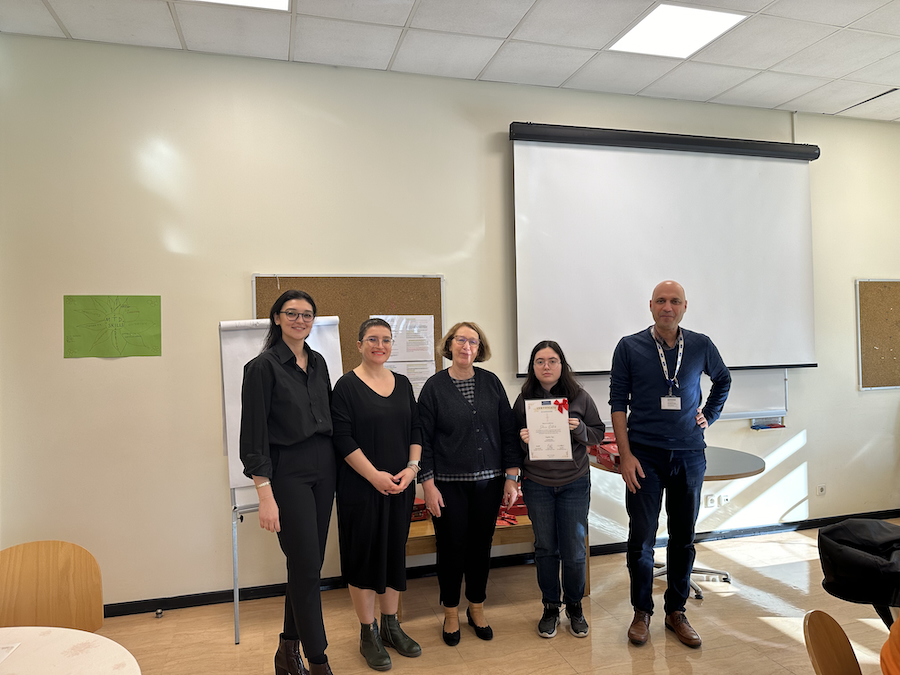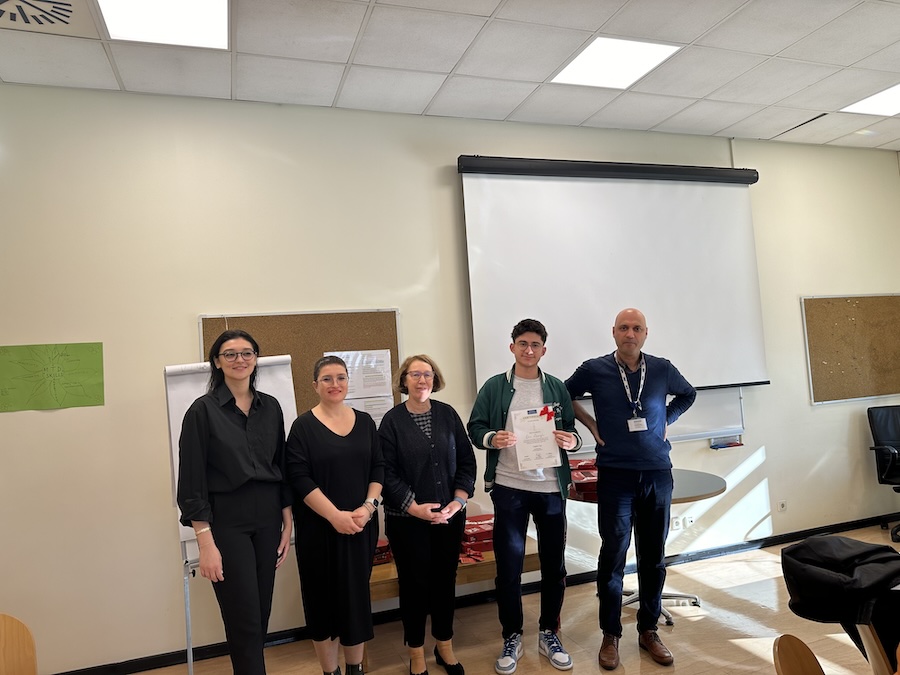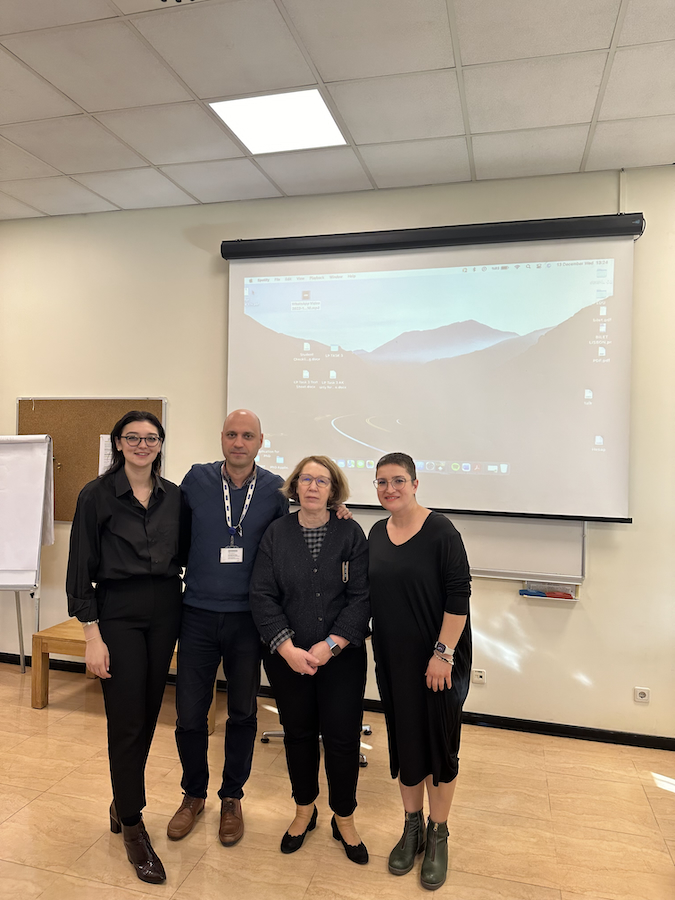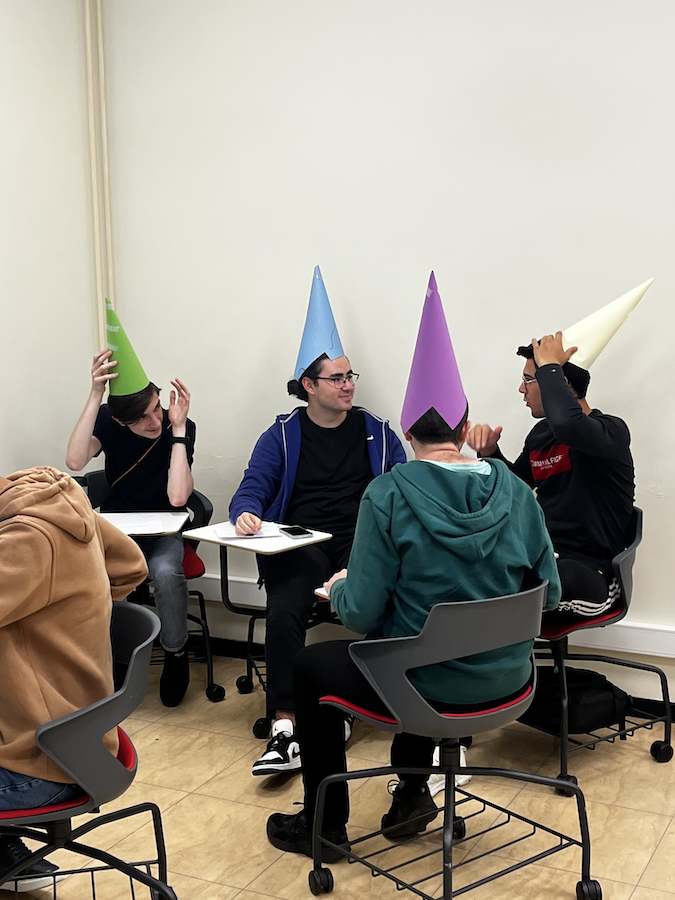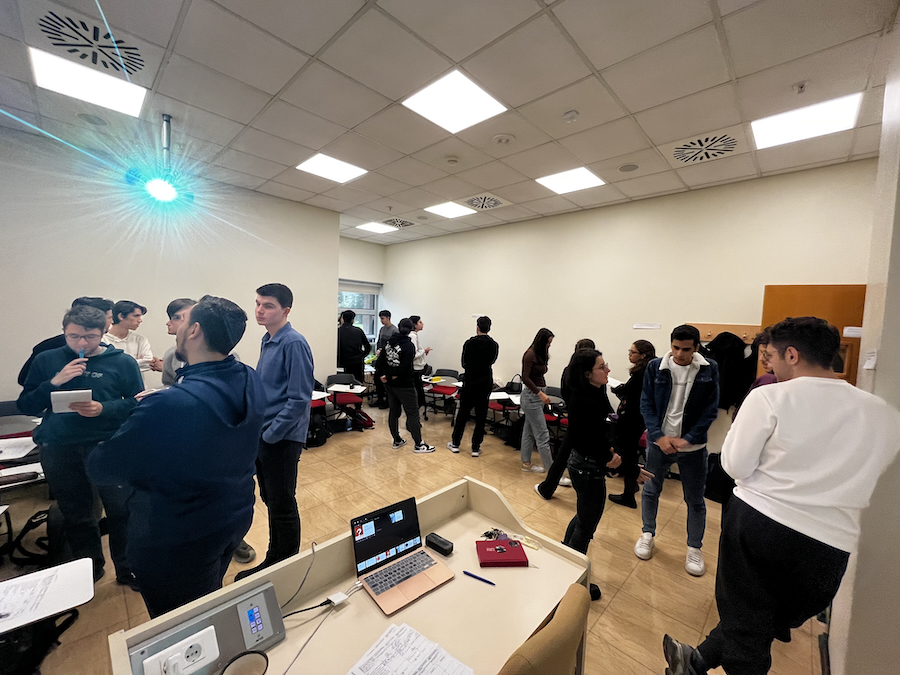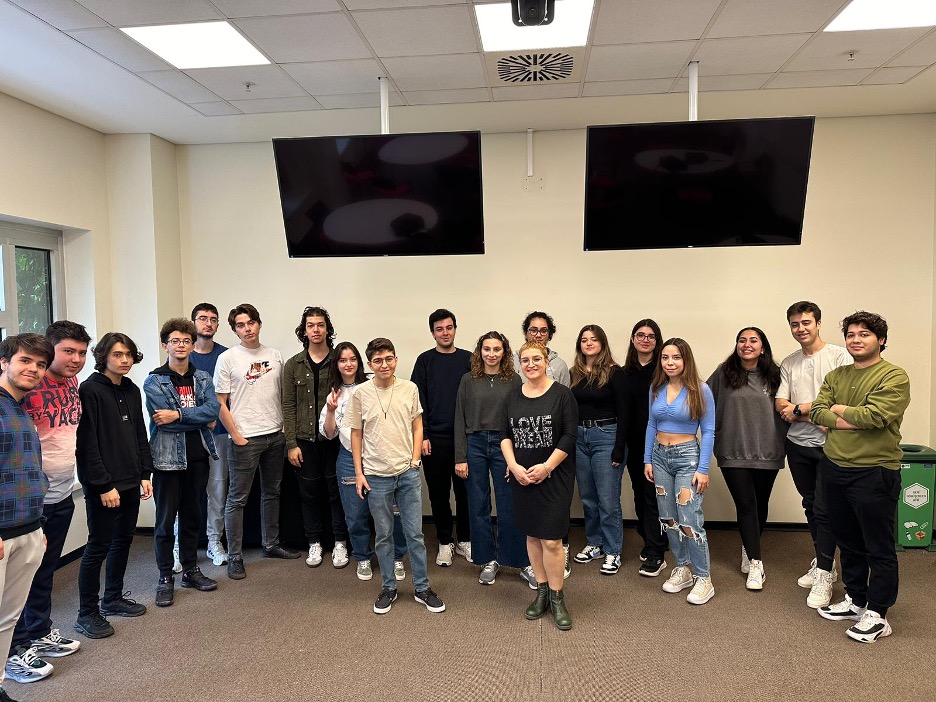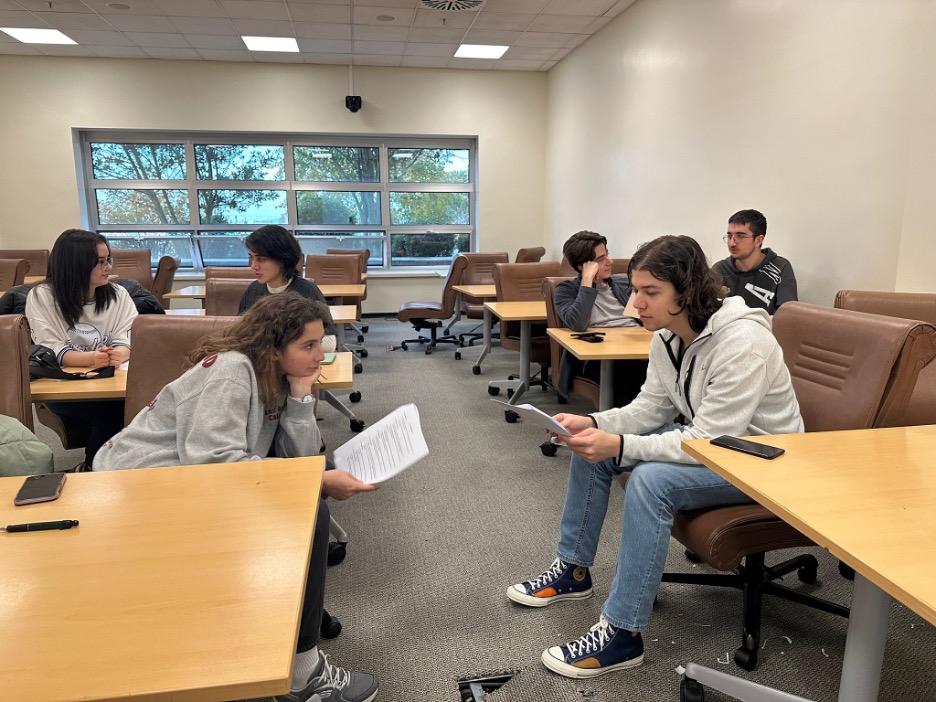A Good Teaching Practice in SL

A Good Teaching Practice in SL: SL MASS (Mastering Academic Speaking Skills)
Serpil Öz, Nazan Gelbal, Eren Benderli
We are excited to share the successful completion of our pilot project called the SL MASS (Mastering Academic Speaking Skills) program, designed to enhance English speaking proficiency among students at R4, R3, and R2. This project aims to empower our students, enhancing their communication skills and confidence in both academic and personal contexts.
Before initiating the project, we engaged in comprehensive discussions as project members drawing from our collective past and current practices. Through some research on the nuances of speaking skills, we discovered that our experiences resonated with those of educators worldwide. Here are some key highlights based on our findings:
1. Curriculum Emphasis on Speaking as a Skill: In many EAP programs, the curriculum tends to focus heavily on reading and writing skills or grammar. For example, students might be required to write lengthy essays, but speaking assignments or practice opportunities are minimal in comparison.
2. Limited Classroom Time: EAP courses may have limited classroom hours, and instructors often prioritize teaching content related to reading and writing, leaving little time for developing speaking skills. This results in students not getting adequate practice in academic speaking.
3. Few Speaking Assignments: Students may receive only a few speaking assignments during an entire EAP course, or these assignments may not align well with academic speaking expectations. For example, they might be asked to give informal presentations instead of practicing the kind of structured, academic discourse required in academic settings.
4. Lack of Speaking Materials: Existing EAP materials on speaking might not provide adequate guidance or practice for students. These materials may lack detailed strategies for academic speaking or fail to explain the nuances of academic discourse.
5. Limited Interaction: Students may have few opportunities for academic discussions and debates in a controlled environment, which is essential for developing their speaking skills.
In the light of our previous and current practices, we delved into research and planning. Serpil Öz, through her initiative in creating speaking strategy training materials several semesters ago, received attention from SL instructors. Subsequently, these materials found their way into SL curriculums, which also ultimately formed the framework for the MASS initiative.
We started working on the idea of the project some time ago. By putting a lot of effort into designing and creating course materials before the fall semester began, we completed most of the tasks by the end of September. We continued to gather every Saturday to review the prepared ones and reflect on the previous sessions after we started teaching.
The program spanned seven weeks and started in week 3 in Fall semester 2023-2024. It was structured with consecutive input sessions and practice sessions. Each input session covered speaking strategies and the corresponding practice session provided extensive speaking practices. To streamline the presentation stage of the input sessions, students were assigned some flipped tasks. In both input and practice sessions, students were shown performances of their peers through videos and given checklists to emphasize the importance of peer feedback. The program had its own Sucourse page and featured additional speaking activities. We celebrated the successful completion of the program having lunch together and awarded certificates to those who earned them.
Our students experienced a journey that enhanced their language proficiency and communication skills. The structured curriculum focused on fostering not only linguistic competence but also confidence in using English as a means of expression. Through engaging activities, interactive discussions, and real-life scenarios, students developed a better understanding of grammar, vocabulary, and pronunciation. The regular speaking exercises provided a platform for students to overcome their inhibitions, enabling them to articulate their thoughts with greater fluency.
Below are some of the student feedback regarding our program:
“It can contribute your speaking practice”
“Overall i can put most of academic words in speaking on other hand in daily life natural English speaker, who doesn’t know Turkish, said that i excelled my English even her expectations i think i can consider positive aspect.”
“I can speak more fluently now. I am able to create a plan before a speech quickly.”
“The project handled the weakness areas of route 4 students. Also it was on the scope of route4 contents so that we could easily practice for our upcoming oral exams.”
“İmproved my confidence, my speaking skills got better”
“To develop and get good grades about oral exam MASS helped me a lot and I got a good grade. The reason of this I usually don't speak English in my free time but with MASS program i spoke at least 1 hour in a week.”
“It helped me to speak spontaneously, and developing my ideas while speaking.”
“It helped me to learn speaking methods and improve my speaking strategies.”
“It is really efficient to understand the structure of mass and learn how to do idea development.”
“I can not speak English outside of classes. By this session I could speak more and it improved my speaking skills.I learned new skills.”
References:
Başak, H. (2019). Self-assessment of students’ speaking skills [M.S. - Master of Science]. Middle East Technical University.
Newton, J. M., & Nation, I. S. P. (2020). Teaching ESL/EFL listening and speaking. Routledge.
